The consortium
i-Sea is a French SME located in Bordeaux specialized in space geo-information services for coastal monitoring and biodiversity issues.
i-Sea’s ambition is to make environmental monitoring solutions based on spatial technologies widely accessible. For over 10 years, the i-Sea team has been developing products based on satellite images to support the implementation of public policies for ecological transition. These tools, relying on machine learning and deep learning, enable the creation of detailed maps of coastal areas (vegetation communities and associated habitats) and will help improve large-scale understanding of the storage capacity of marine habitats.
Vois-là Inc. is i-Sea’s Canadian sister company just newly incorporated in the Trading Chamber of Québec in September 2023. The company has been founded by Aurélie Dehouck and Virginie Lafon.
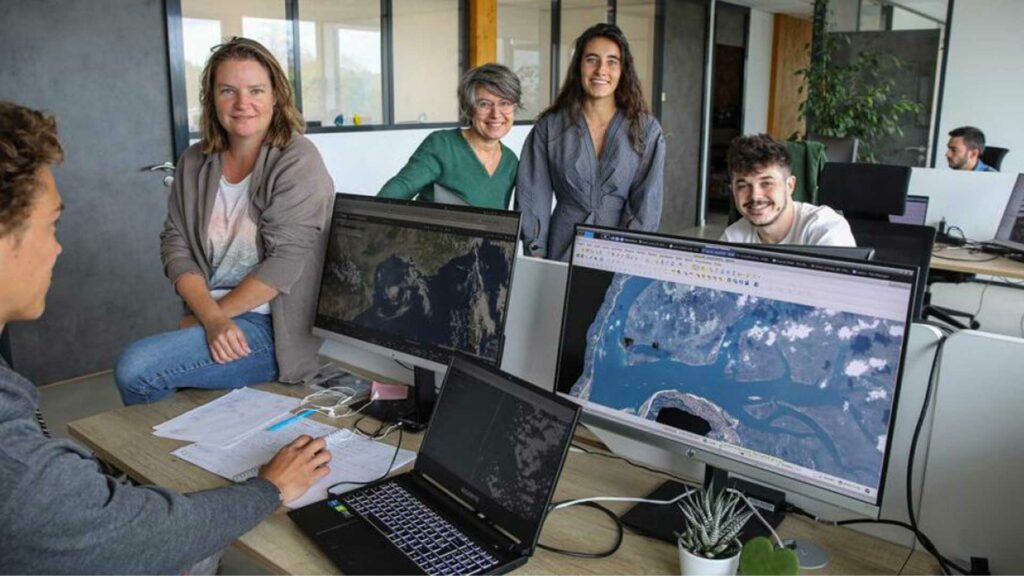
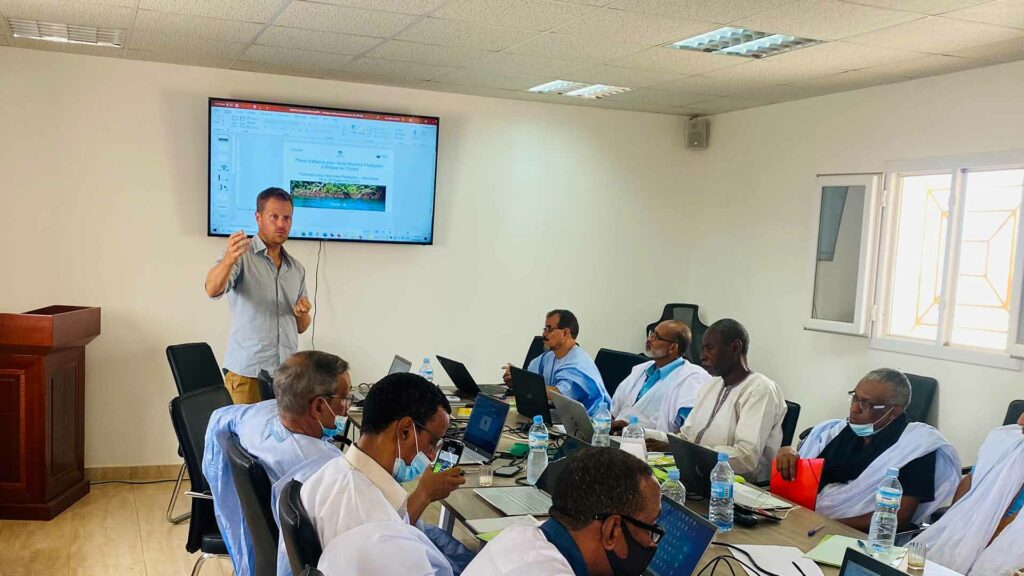
BlueSeeds’ goal is to work towards the financial and managerial autonomy and sustainability of conservation projects, maximising their economic, environmental, and social impact. It supports marine conservation initiatives as a catalyst and intermediary.
Part of BlueSeeds’ R&D activities is devoted to blue carbon and its economic value. The company is at the origin of a study and a methodology to measure the ecological and economic value of carbon captured by Posidonia meadows protected thanks to eco-moorings. The company is also working with the IUCN to provide West African communities with the tools they need to independently sell carbon credits to finance the conservation of mangroves in the region.
The Agencia Estatal Consejo Superior de Investigaciones Cientificas (CSIC) is the largest public institution
dedicated to research in Spain and the third in Europe.
The Center for Advanced Studies of Blanes (CEAB), belonging to the Natural Resources Area of the CSIC, focusesits activities around aquatic sciences, from molecular to ecosystem levels. At CEAB, the Aquatic Macrophyte Ecology Group (GEMA) is the group that leads the CSIC’s participation in this proposal.
GEMA has been a pioneer in the study of the millennial accumulation of carbon in seagrass, mangrove
and tidal marsh ecosystems for the past 20 years.
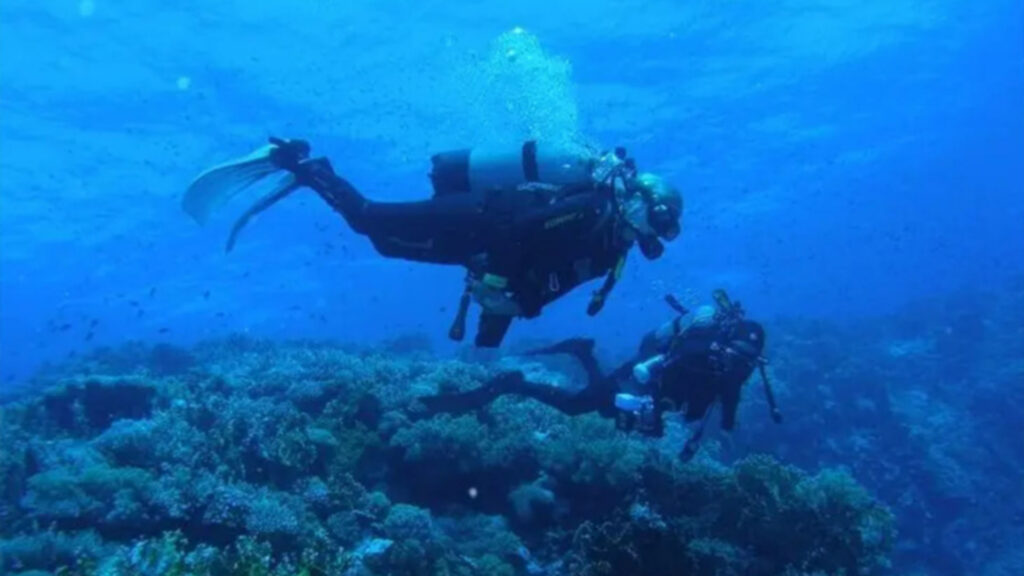
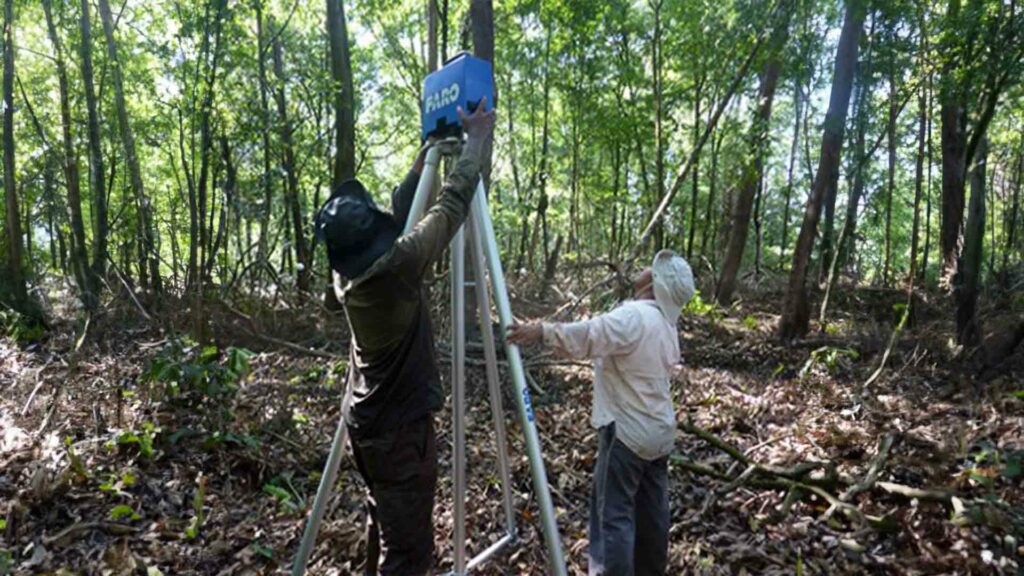
For nearly 80 years, the French Institut de Recherche pour le Développement has advocated an outstanding model of equitable scientific partnership and interdisciplinary, citizen-driven, sustainable science committed to the achieving the SDGs with countries in the Global South and in French Overseas Territories. The IRD employs 7,000 individuals, encompassing 850 researchers and 1200 IRD engineers and technicians.
Among its 55 research units, AMAP (botAny and Modeling of Plant Architecture and vegetation) and ESPACE-DEV (Space Observation, Models & Actionable Sciences) are interdisciplinary laboratories. AMAP is known for its research on plants and plant communities with the aim of predicting ecosystems responses to environmental forcing, in terms of the distribution/conservation of species and biodiversity, carbon storage in plant biomass, and protection of the environment.
Ranked as the #1 comprehensive university in Canada in 2022, Simon Fraser University aims to be Canada’s “engaged university” and to “work with communities, organizations, and partners to create, share, and embrace knowledge that improves life and generates real change.” SFU is situated in Vancouver, Canada, with 3 campuses, over 35,700 students and postdoctoral fellows, and over 1,000 tenure-track faculty members. With over 60 research centres and institutes, SFU is among Canada’s fastest growing research-intensive universities measured by growth of research income.
The SFU’s School of Resource and Environment (REM) has six Masters and Ph.D. students and has trained over 24 additional graduate students since 2007 in areas of carbon cycling, climate change, sediment geochemistry, paleoecology, and paleoclimatology. Of these, ten have investigated changes in blue carbon ecosystems with Drs Kohfeld and Pellatt.
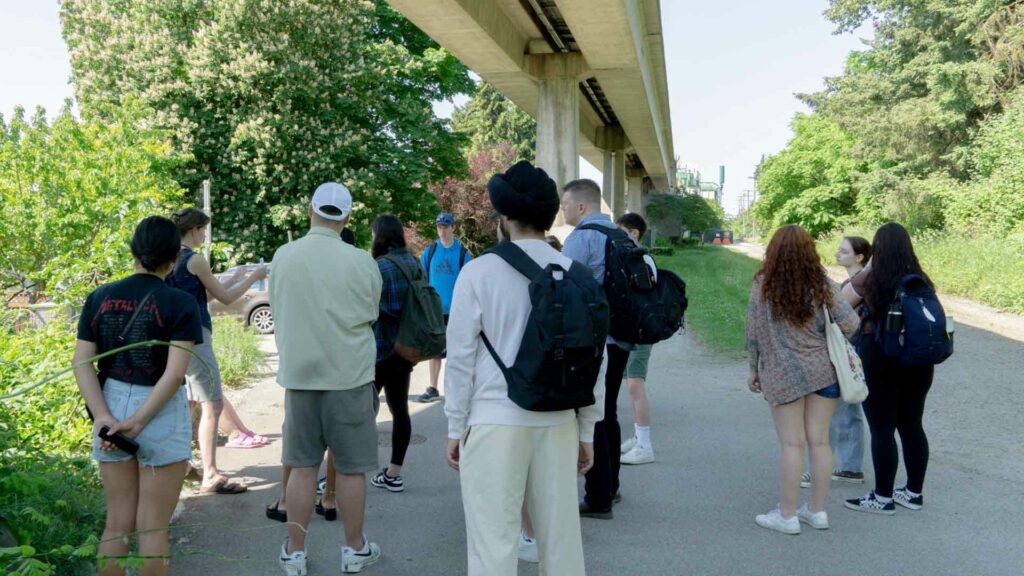
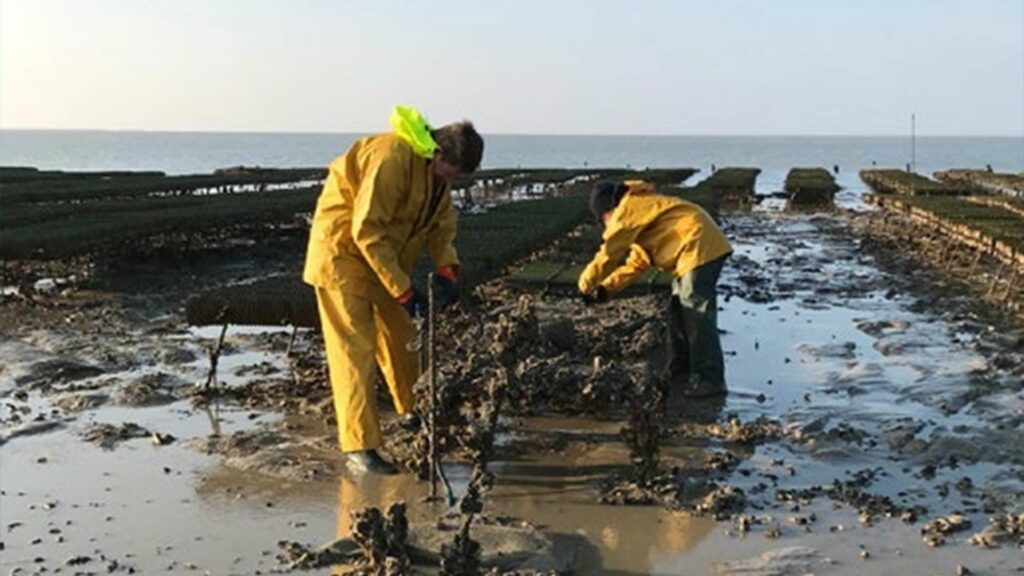
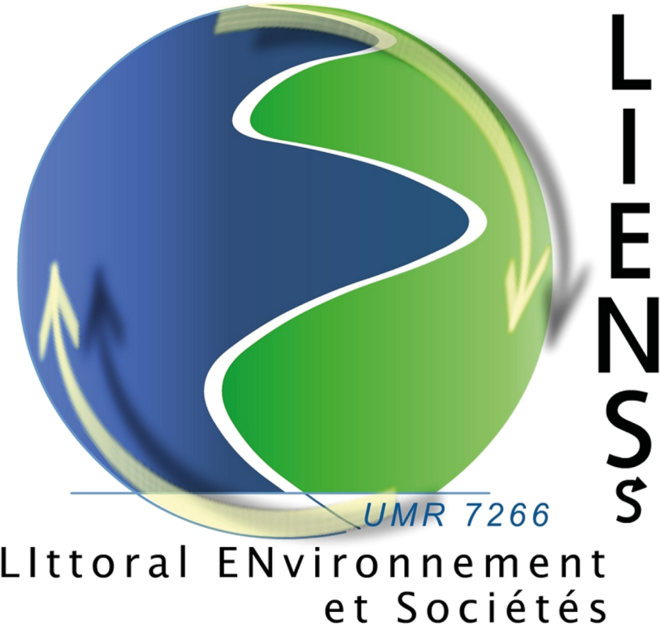
LIENSs is an Interdisciplinary Joint Research Unit (UMRi 7266 La Rochelle Université CNRS). It integrates expertises in scientific fields within environmental sciences (biology, ecology, biogeochemistry, ecophysiology, ecotoxicology, earth sciences, geophysics) and social sciences (geography and history). Its research activities focus on the functioning of the coastal ocean and littoral zone and its response to climate change.
The LIENSs laboratory works on the blue carbon of coastal ecosystems and in particular salt marshes and intertidal mudflats. The studies focus on the potential of these environments to sequester carbon (sink carbon).